Digital media management system Pixevety has made its consent-driven photo, data, and video platform and protocols available to U.S. school districts, the company said in a news release.
Learning technology company HMH has acquired software company Writable, building on a longstanding partnership that has included the integration of Writable's research-backed writing assessment and practice solution with HMH's core ELA offerings for grades 3–12, HMH said in a news release.
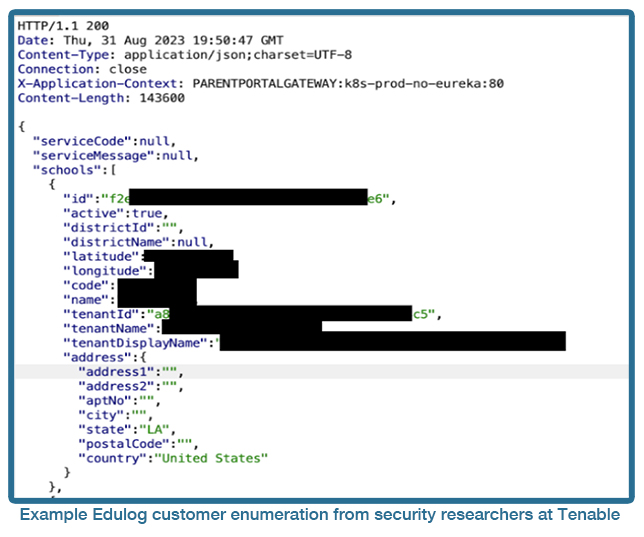
Security researchers said this week that API vulnerabilities in the Edulog school bus tracking platform made the names and geolocation data of 6 million student riders available to anyone, and while the vulnerability has been fixed, schools that post their Edulog sign-up code on their websites are still at risk.
K–8 and biology educators across Texas now have access to Spanish and English versions of Discovery Education’s Science Techbook for Texas, a core instructional curriculum created from the ground up expressly for Texas students, DE said in a news release.
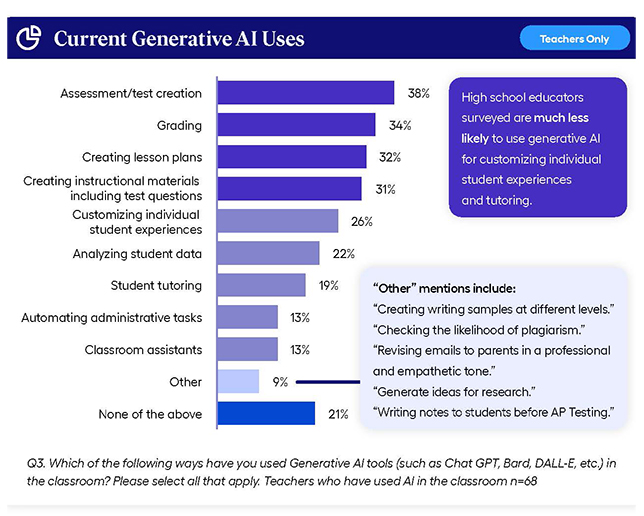
Digital curriculum provider Imagine Learning, in a new survey of K–12 educators’ perceptions and uses of generative AI, found that 90% of respondents believe the technology has the potential to make education more accessible for students who need personalized learning methods.
DreamBox Learning has been selected by the Montana Office of Public Instruction to provide its DreamBox Math and Reading Plus solutions to grades 3–8 statewide, according to a news release.
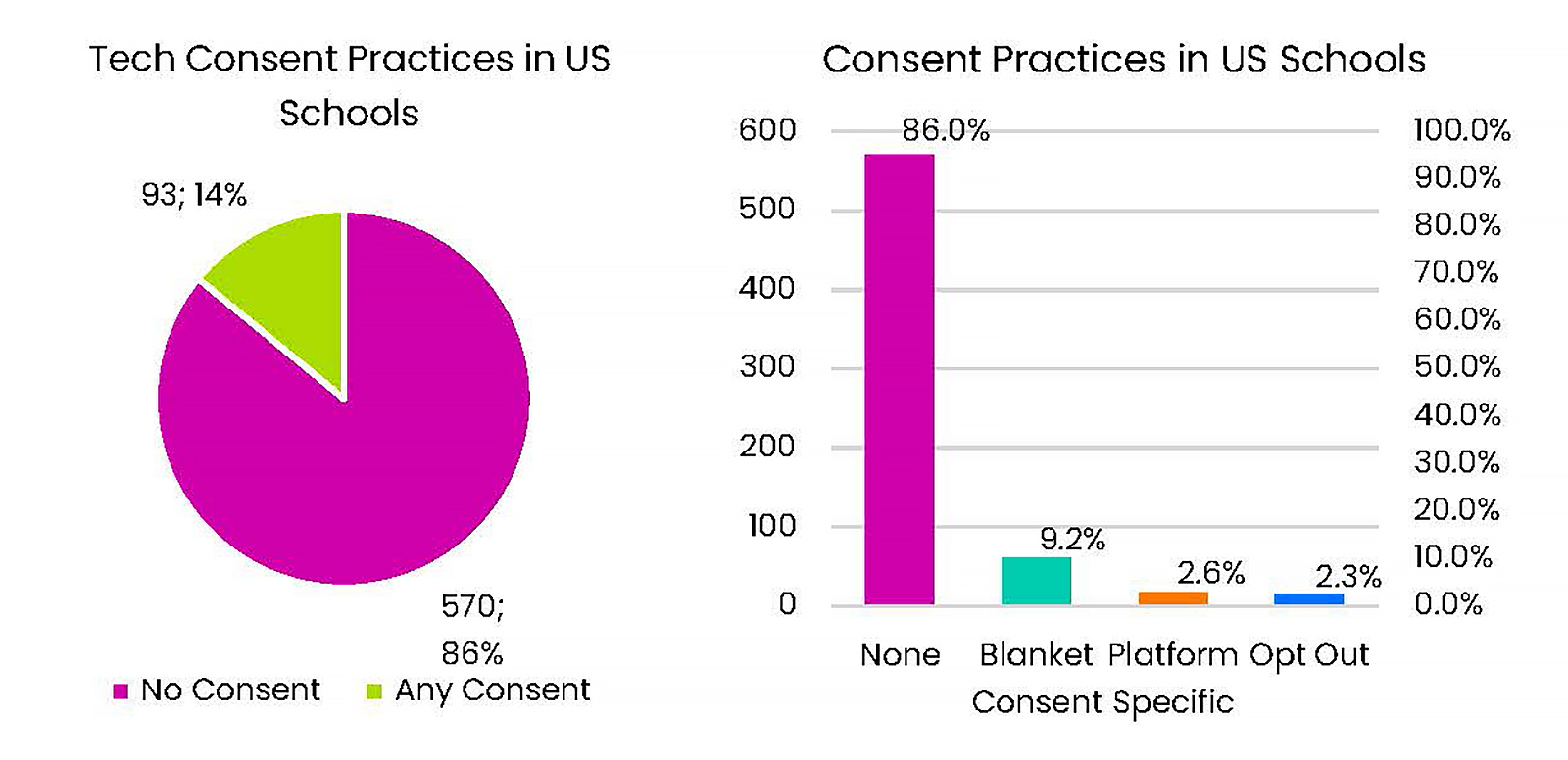
A new in-depth analysis from Internet Safety Labs’ 2022 K–12 EdTech Safety Benchmark Findings reveals alarming data about advertising in apps widely used by schools and finds that state privacy laws and third-party certifications claiming to keep students’ data private are often not making kids any safer.
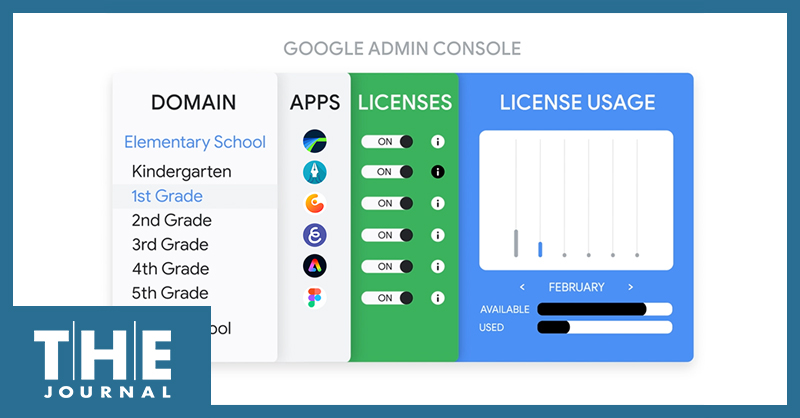
Google for Education has unveiled a host of new features and integrations at ISTELive 23 happening this week in Philadelphia, all aimed at amplifying teacher impact and improving student outcomes, the company said on its blog.
Ed tech provider Territorium has become the first U.S. company to earn certifications in CLR 2.0 and Open Badges 3.0 from 1EdTech, furthering its mission to standardize digital credentials — or “comprehensive learner records” — that are easily shared between digital wallets, the company said.
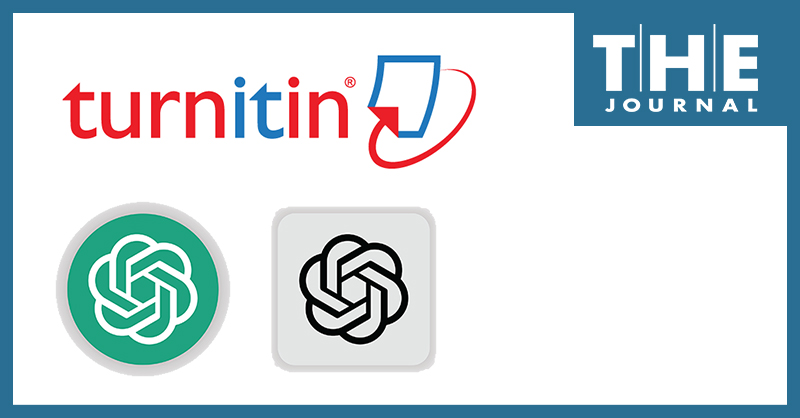
In the first six weeks of educators using Turnitin’s new AI writing detection feature, the platform processed 38.5 million submissions, finding that 3.5% of those submissions contained more than 80% AI-written text, and just under one-tenth of submissions contained at least 20% AI-written text.